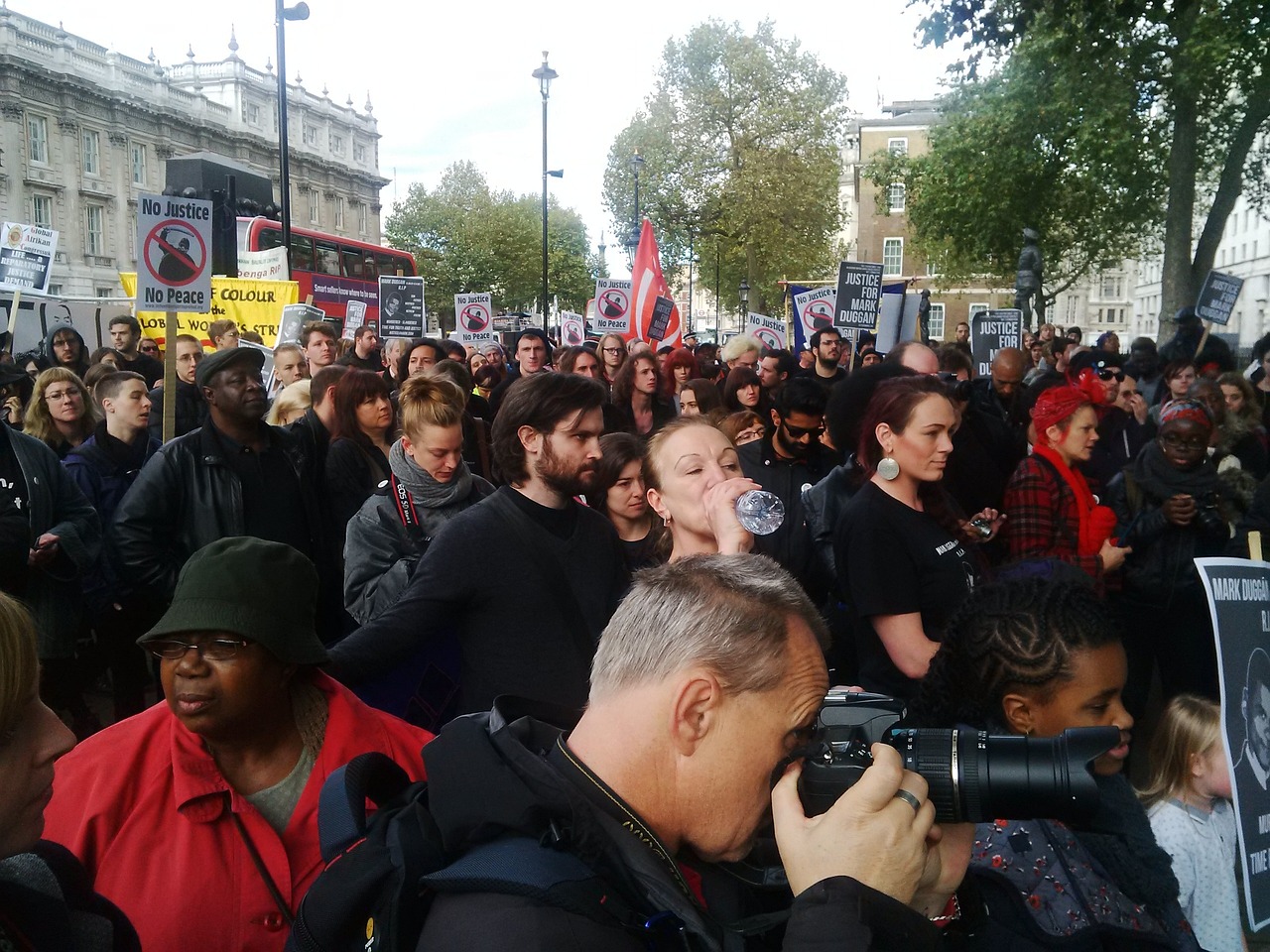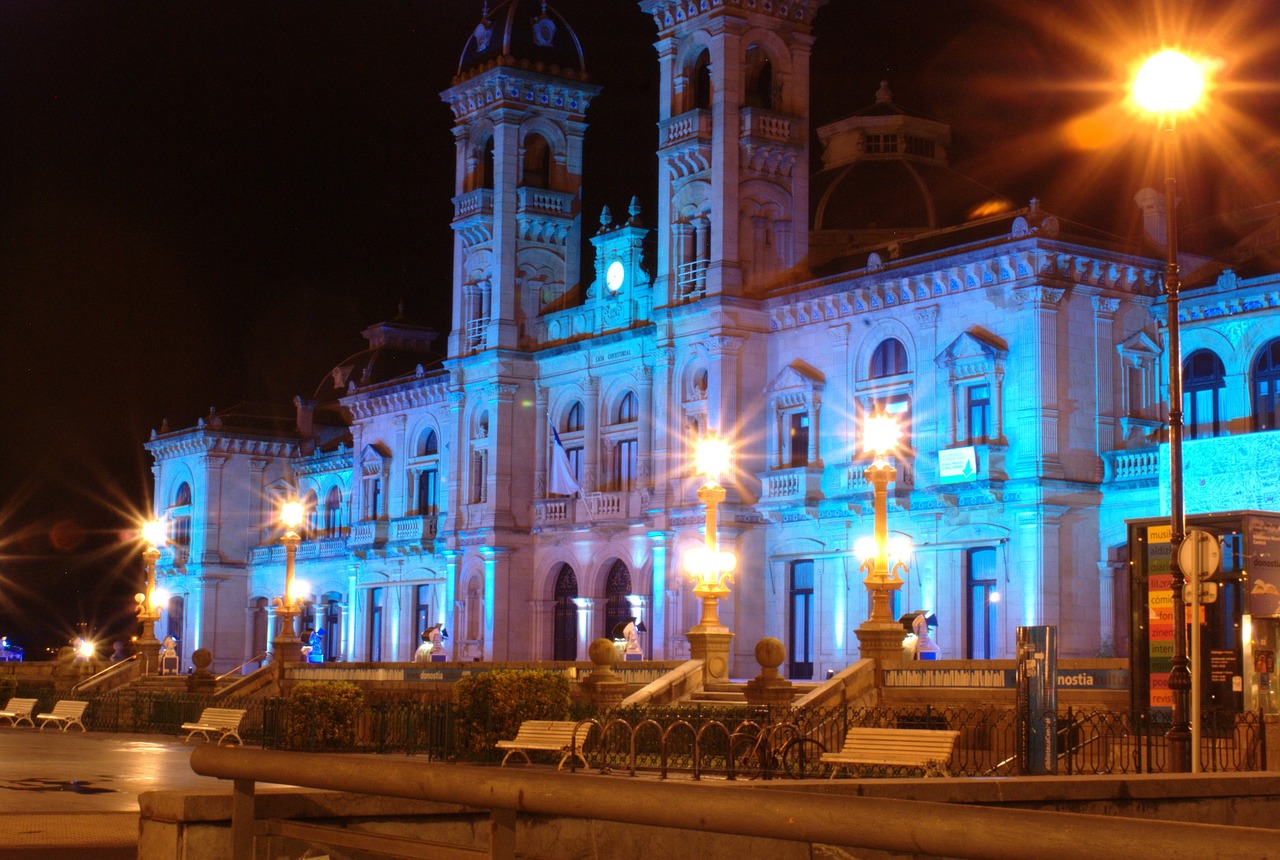
'Diablada': Twice a victim
Diablada is a Chilean indie film released on streaming that investigates 14 murders and rapes that shook the country between 1998 and 2001.
How can a family bear to have their daughter branded as a prostitute for disappearing? How can they cope with questions about the clothes they wore when it doesn't matter how they dress? These extreme injustices are part of the reality of many Chilean women.
Diablada is the story of 14 rapes and murders of women in Chile by the same aggressor between 1998 and 2001. It is also the story of their relatives who for two years, between 2015 and 2016, were interviewed to shape the script by writer Omar Saavedra Santis, a famous playwright who had to go into exile in Europe after Augusto Pinochet's coup.
The screenplay for his debut feature film is by Chilean Álvaro Muñoz Rodríguez, who seeks not only to portray the homicidal profile but above all the gender inequalities that govern so many lives in Latin America.
The cast includes Constanza Rojas, Daniel Candia, Gabriel Urzúa, Hugo Medina, Anna Reeves and the screenwriter's daughter Catalina Saavedra, who has a long career in film and theater behind her.

RELATED CONTENT
The premiere was on May 8 on Punto Play and will be available on the platform by the end of the month.
A bloodthirsty murderer took advantage of police and institutional laxity in 1998 to rape, murder and disappear young women, most of them teenagers.
In a place like Alto Hospicio, where marginality, poverty and delinquency prevail, it was a mistake for the police and authorities to think that these teenage girls had gone on their own to Peru or Bolivia to work as prostitutes to cope with scarcity.
But family members rejected this theory and did not give up the search for their loved ones. In the film it is a committed father and a perceptive policewoman who do not give up the search.
But once it was discovered that the girls were kidnapped, raped and murdered by Julio Perez Silva 'The Psychopath of Alto Hospicio,' the portrait of the teenage girls changed drastically from prostitutes to innocent victims of an abominable act. There they became victims of their aggressor and also victims of sexism and institutional classism.











LEAVE A COMMENT:
Join the discussion! Leave a comment.